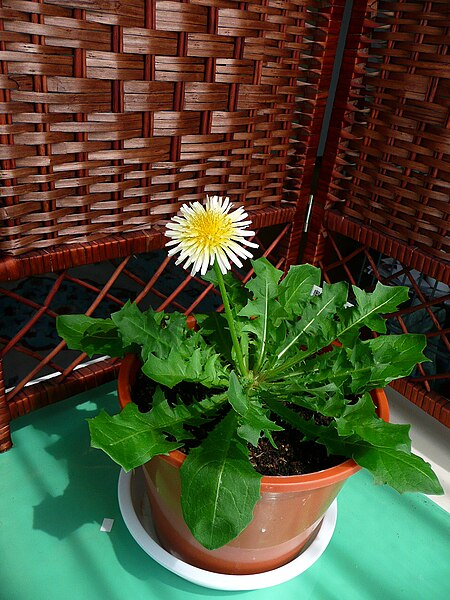Only not.
For one thing, the myth that species with shorter lifespans and faster growth are less susceptible to overfishing has recently been shown to be just that: a myth. Brilliant scientist Dr. Malin Pinsky (who happens to be a friend of mine, and just defended his thesis, hence the gratuitous title) just conducted a magnificent meta-analysis of fisheries data from around the world, showing that fish of all sizes and speeds are at the same risk of collapse from human fishing pressure.
Of course, he did focus his analysis on FISH, which are VERTEBRATES, which are a TINY FRACTION of all the biodiversity in the ocean (and indeed, the world). I MAY have pointed this out during the question and answer session. But, well, one has to start somewhere.
Anyway, you could argue that the fish results are not necessarily applicable to invertebrates like squid. Squid fisheries have never collapsed, right? Oh wait, there was the Argentinian shortfin squid that I won't shut up about--that collapsed a couple of years ago. But it came back! So everything's fine!
Only not.
Argentina just suspended their squid fishery, out of concern for stock collapse:
The Federal Fishery Council (CFP) ordered the closure to squid (Illex argentinus) fishing in the area south of the South latitude parallel 44° from 21 May and the suspension of squid capture in the area north to this parallel from this Saturday until 18 June, after finding out the existence of a low biomass of this resource.
 The moral of the story: squid are not necessarily the all-you-can-eat dandelions of the sea.
The moral of the story: squid are not necessarily the all-you-can-eat dandelions of the sea.But and again but, it's important to keep this in perspective. No squid species is known to be endangered. It's unlikely that even the Argentine shortfin squid is in nearly as dire straits as the truly overfished fish species, like California salmon* and Atlantic bluefin tuna** and many others. So I'm not at all arguing that squid are unsustainable.
And yet I personally do not eat them, never have and never will. Why?
Tune in tomorrow for a teuthological take on a fascinating recent discussion about fish, food, and people.
* See comments for Captain Mike's welcome clarification of the CA salmon situation. While technically overfished, the stocks are not currently being overfished; in fact, they are being very carefully managed. So while it's factually true to say that they're overfished and in dire straits, I realize in retrospect that it's misleading--the reason CA salmon are struggling these days is all due to terrestrial environmental degradation, i.e. people mucking up the rivers they need to spawn.
** Even this might be considered a questionable assertion by some. See the second letter to the NYT editor, from Molly Lutcavage. So maybe these were both poor choices on my part to illustrate the point. Oh well, nom nom humble pie.




Comments